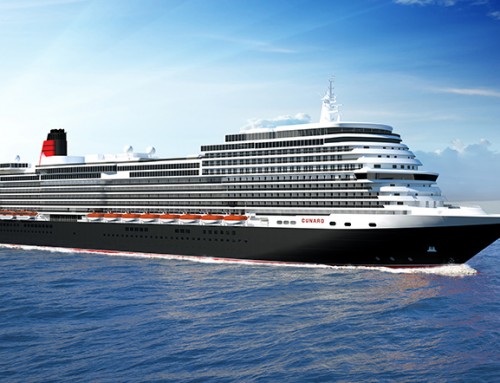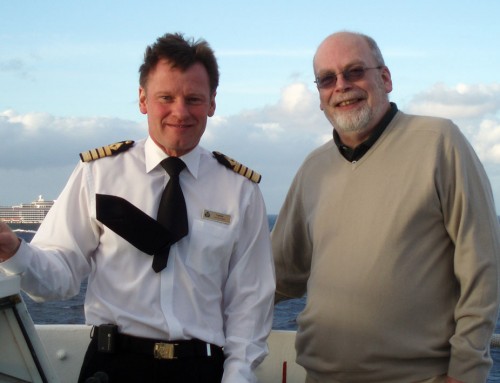Good news for Britain’s cruise passengers – the industry’s latest annual report shows their holidays at sea are better value than ever before.
The review compiled by the UK and Ireland arm of the Cruise Lines International Association (CLIA) shows the average fare paid in 2013 was £1,376. In 2007 the figure was £1,334, but taking inflation into account the cost in today’s money would have been £1,568.
Seven years ago, the cost per day was £137 – or £170 after inflation. Last year’s daily rate, for a holiday which almost always includes all meals and entertainment, was just £134.
New ships and increased capacity have played their part in forcing fares down, as has the increasing trend to take cruises from home ports in the UK rather than flying abroad.
But cruise lines are failing in two of their most determined efforts – to appeal to a younger crowd and to get customers to book early.
The average age of passengers has been growing pretty steadily throughout the past 10 years – from 54.2 in 2004 to 57 today.
Promises of discounts and extra treats for early bookings have not convinced consumers who know the best deals are available at the last minute – 40 per cent wait until less than three months before the departure date to commit their hard-earned money; only 11 per cent put their deposits down a year ahead of travel.
A third of passengers are first-time cruisers and once they have holidayed on a ship they are more than likely to return – frequently. Almost one in five take three or more cruises a year and one in three takes two.
The total number of cruise passengers has hardly grown, but that is bound to change next year when mega-ships like Royal Princess, Anthem of the Seas and P&O’s Britannia are sailing from Southampton and will be carrying more than 12,000 passengers a week between them.
More good news: competition to fill those berths is more than likely to keep fares low.





Leave A Comment